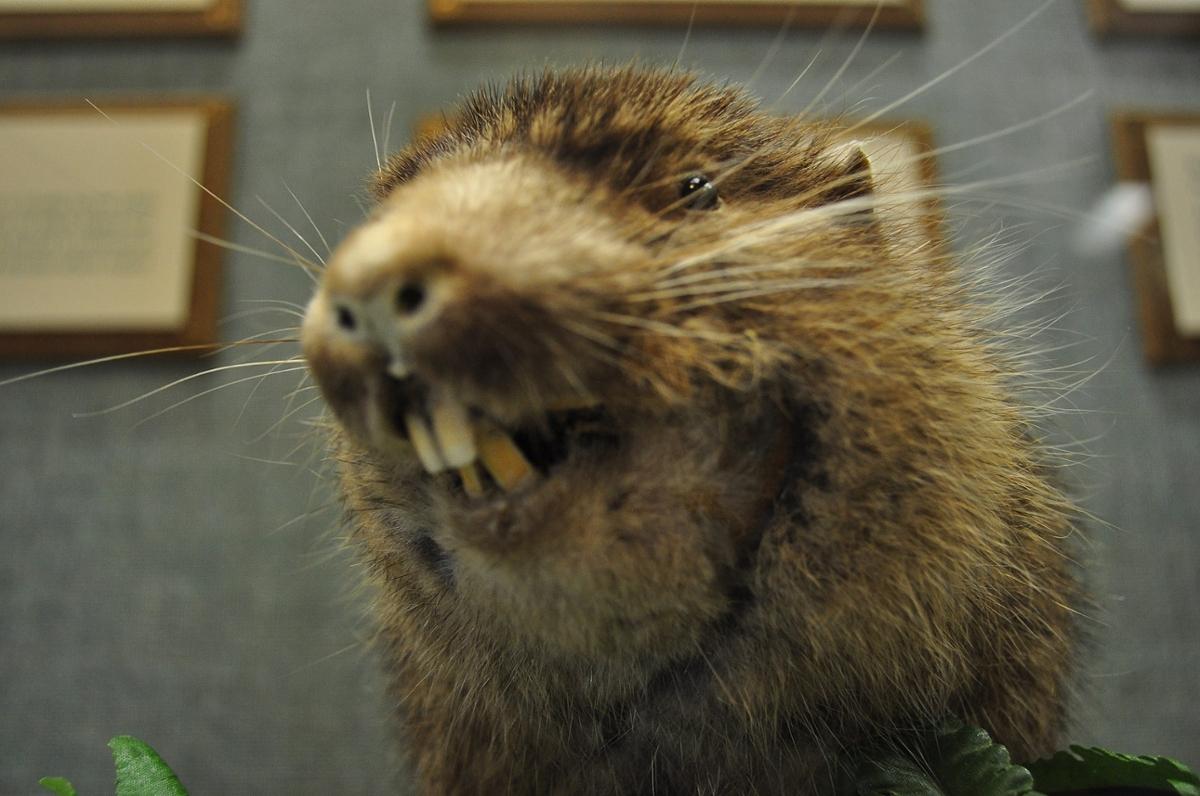D: A larger brain and greater cognitive ability is always beneficial, Yaël. So, all animals should evolve bigger brains over evolutionary time.
Y: Don, you’re wrong. Brains have an important liability. They consume lots of metabolic energy. An animal can only evolve a bigger brain when it can get enough food to support its energy requirements. Otherwise, a larger brain is a burden.
D: I don’t believe it. Give me an example of an animal that evolved a smaller brain than its ancestors had.
Y: OK, Don, the mountain beaver is an example.
D: Mountain beaver? What’s that?
Y: It’s a large rodent that lives in the Northwestern United States and Canada. In 2018 a team of Canadian paleontologists published a study of the fossilized brain cases of its ancestors. They used the brain cases to infer the sizes of the ancestral brains. Researchers measure brain size in relation to body size. When the mountain beaver evolved larger size, its brain didn’t get larger with it. So, the mountain beaver has a relatively smaller brain than its ancestors had.
D: Hmm, that’s interesting. Do the researchers know anything about why the mountain beaver’s brain didn’t get bigger when it did?
Y: They do. The mountain beaver’s ancestors were like squirrels and lived in trees. Living in trees required a sophisticated system in the brain for analyzing visual information. The mountain beaver, on the other hand, is a burrowing animal that spends much of its time underground. The researchers think the visual parts of the animal’s brain shrunk, because an underground animal doesn’t need sophisticated vision.
D: So, a bigger brain really isn’t always better.










